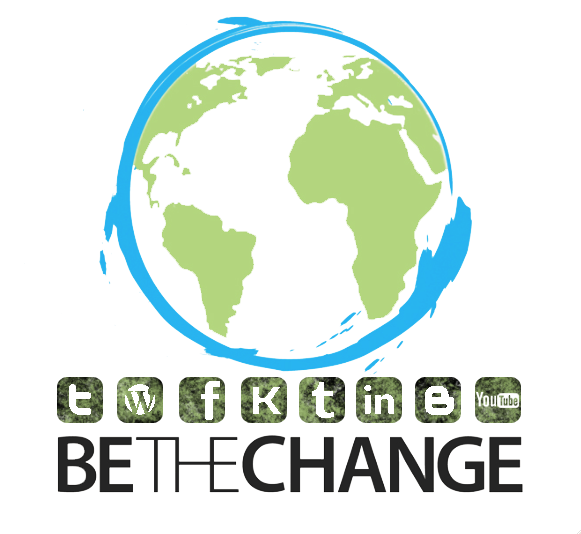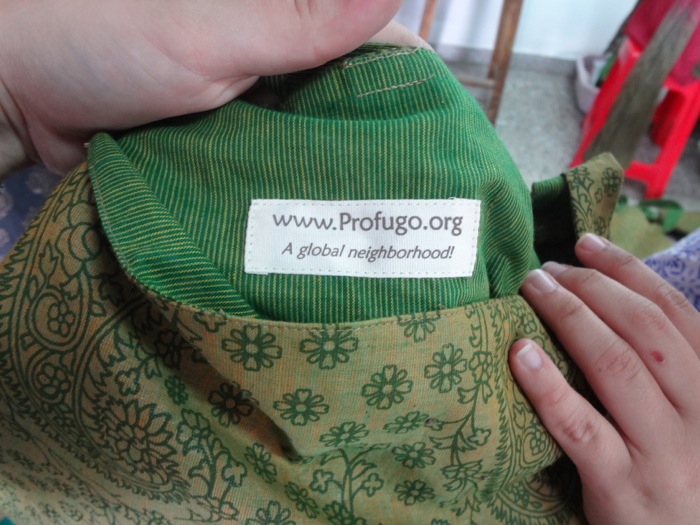Ours is a consumer-driven market. What does that mean? It means that the only people who truly decide the products we see in stores, the options we are offered, are we, the consumers. Take it from a budding economist that our money and spending habits truly matter!
If that sounds a little vag ue, think of it this way: every morning, you go to your favorite coffee shop and buy a latte. The options are pretty varied, but most of us who pay for coffee every morning either splurge or buy a budget-friendly option. Whichever you decide is up to you, and both are good choices (at least I think so, as a coffee addict myself). What is really important about that morning purchase is your choice of coffee, milk, and possible toppings and flavors.
ue, think of it this way: every morning, you go to your favorite coffee shop and buy a latte. The options are pretty varied, but most of us who pay for coffee every morning either splurge or buy a budget-friendly option. Whichever you decide is up to you, and both are good choices (at least I think so, as a coffee addict myself). What is really important about that morning purchase is your choice of coffee, milk, and possible toppings and flavors.
Say there’s an organic roast coffee, but it’s $0.50 more than the regular blend. There’s also the option for coconut milk (a new Starbucks offering), but it’s also an additional cost. The average consumer will choose the cheaper option, because they’re buying coffee every day and an extra dollar a day adds up. So, Starbucks continues to offer their blends for less than the organic blends.
If, however, you chose to purchase the organic coffee with coconut milk, your choice shifts market preference. If enough people (and every single one counts!) purchase the organic option, eventually that will become the mainstream option, and the price will decrease because more producers are making organic coffee and competing amongst each other.
What this really means is that every single coffee purchase, or any other purchase you make, determines the offerings you see. Particularly in our capitalist market, the only reason we even see organic offerings, eco-friendly cups, aspartame-free sugar substitutions, is because we the consumers demanded it. In short, what we demand, our market supplies. In case you were wondering, the market determines the price, too. No company can pick their own prices. So if you want that organic coffee to cost the same as the regular blend, buy it! When enough people do, more producers will get on the organic bandwagon, which will increase the supply: increasing the supply increases competition to sell that supply, which means prices go down!
This brings us to why you should purchase ethical and cause-smart products. Why should you pay that extra dollar a day for your morning coffee fix? Why should you purchase products that support causes like nonprofit efforts or eco-friendly efforts? The answer, though it’s a bit more complicated than I’ll present here, is that every purchase you make influences the market. Every. Single. One. So if you want to see a marketplace where products decrease your carbon footprint, or don’t contain as many harmful chemicals, or support local and international humanitarian efforts, like Profugo does, you need to buy those prod ucts. That extra dollar isn’t just an extra cost tacked on to your daily coffee- it’s a consumer’s declaration that you’re willing to put your money where your ideals are. That this world, with cause-conscious, ethical goods, is the one you want to buy into.
ucts. That extra dollar isn’t just an extra cost tacked on to your daily coffee- it’s a consumer’s declaration that you’re willing to put your money where your ideals are. That this world, with cause-conscious, ethical goods, is the one you want to buy into.
So the next time you’re in the market for a handbag, clutch, wallet, or laptop case, check out the Profugo store. Because every single item we sell sends your money directly towards building an economically sustainable business program for women in India, and your purchase is a declaration that you want your spending to matter. You’re telling the world through your wallet that you want your spending to change the world for the better.

Leave a Reply
You must be logged in to post a comment.